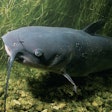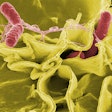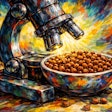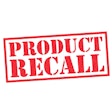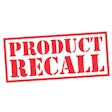During the 1992 US presidential elections, Bill Clinton famously (or infamously) based his campaign on the slogan, "It's the economy, stupid." His point was that with the US weathering a serious recession, the one issue voters cared most about was the economy.
Now, in 2007, the US is once again engrossed in a presidential race. But for the petfood industry - and I would argue not just in the US, but throughout the world - one issue has trumped all others this year: product safety. And that has repercussions for all food products consumed around the globe.
Connecting elements
"I personally think you can't separate the petfood industry as it relates to the recalls from the human food industry and things like BSE and E. coli," says Todd Hall, president of Cargill Animal Nutrition. "I believe people want to be increasingly aware of where their food originates and how it's handled, how it's processed and the story that goes along with it. I don't believe in the long run that pet owners are going to be any different."
Hall shared his thoughts during an interview for the cover article of this issue. He referred to a safety program, Feed for Food, that Cargill has had in place since 2003. Key elements of the system include annual food safety training for all Cargill employees, certified ingredient suppliers, emergency recall and bio-security procedures, a traceability system and certified HACCP process control of feed plants. (Hall says all but about 10 of 170 Cargill Animal Nutrition plants worldwide are certified, with the rest happening soon.) What makes the system unique, the company says, is how these separate elements are connected via a complex, technology-based service.
Intensifying measures
Cargill intensified its safety measures in the wake of the US petfood recalls earlier this year, even though none of its products were involved. It's certainly not the only company that has made changes. Nutro Products Inc., which did have several products recalled, added feeding trials on all products to its safety protocols; previously it had done feeding trials only on dry petfoods. (See www.nutroproducts.com/pdf/quality.pdf.)
Of course, Cargill and Nutro are both large, US$ multimillion or even multibillion corporations with seemingly unlimited resources. But even smaller manufacturers have stepped up their safety and testing protocols.
In October, Natural Balance Pet Foods Inc., which also had products recalled, announced its Consumer Buy With Confidence program. It allows a pet owner to enter the date code on any Natural Balance product into an online database, which will then display the testing results for the specific batch of that product. The company says it has invested more than US$1 million in the program.
Mandate for safety
Soon, manufacturers marketing their petfoods in the US will have little choice when it comes to improved product safety. New laws are being passed or developed all the time; for example, see Dave Dzanis' report on the Food and Drug Administration (FDA) Amendments Act of 2007, passed in September. In November, President Bush's Interagency Working Group on Import Safety issued its report calling for, among other recommendations, the FDA to be given stronger recall authority.
But it's not just the mandate of law that's forcing petfood companies to focus on safety; it's the mandate of consumers, too. No matter a company's size or resources, it will soon find that it can't afford not to guarantee the safety of its products. That's the one issue pet owners now care most about.

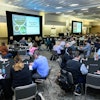
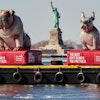
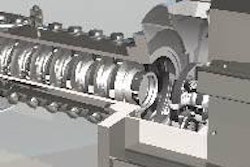
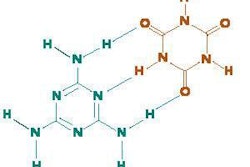
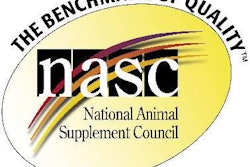
.png?auto=format%2Ccompress&fit=crop&h=167&q=70&w=250)
